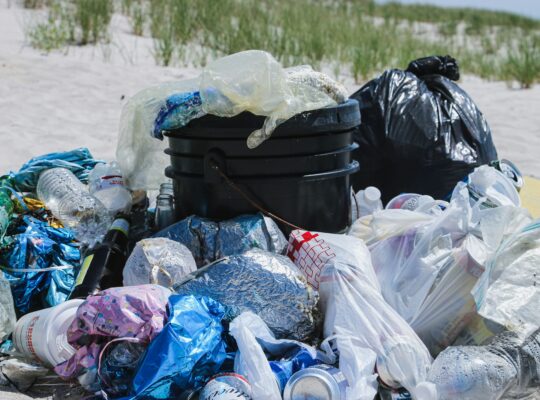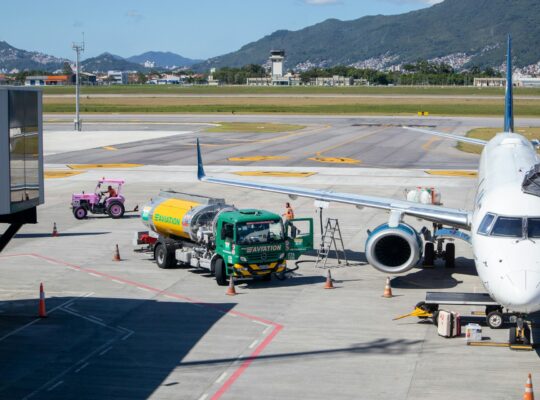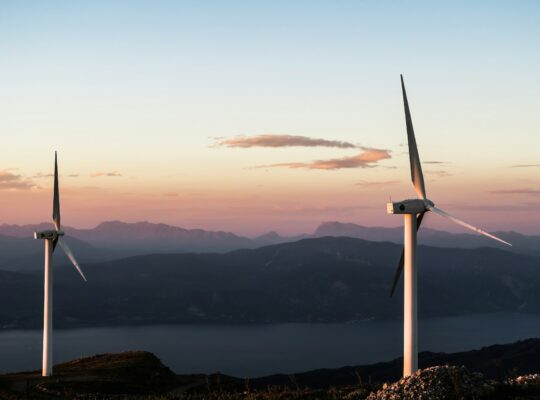For too long, governments have paid only lip service to climate action. They will publicly state goals and objectives, yet somehow the goals aren’t reached, or they are put off for another administration to deal with. It’s expensive, and change is difficult, they often say.
I say it’s accountability or lack thereof—a lack of accountability breeds laziness, shortcuts, and waste in any organization.
In the organizations that are supposedly accountable to the citizens (our governments), the problem is made worse by those individuals or organizations who benefit from the status quo. Those who, with lobbying and influence, would rather see government drag their feet or, at worst, do nothing. Maybe I am jaded, but it would seem that many elected officials are only interested in one thing; getting reelected. This puts them at the whim of lobbyists and their money. Without it, their opponents might have a bigger ad budget or a better PR team.
These elected and non-elected government representatives work for us, the people. They may pander to the people with money and power, but they work for us, and we must hold their feet to the fire. As long as they continue to get away with hoodwinking us and kicking the climate change can down the road a little further, they will continue to do so.
A friend and frequent contributor to Happy Eco News, Sharon Michelle, recently sent me a link to a group in the UK that is doing important work. The Council Climate Action Scorecards allow UK voters, taxpayers, and other citizens to confirm that their civic councils adhere to their stated climate goals.
With this grass-roots type of government monitoring, we can easily hold our local governments accountable and have a good idea of 1) what they are doing to help reduce climate change, 2) how their plans compare to others, and 3) if they are meeting their stated goals, or not.
It got me wondering, what other groups are working to track and score governments’ efforts in implementing their climate action plans? Who provides an independent assessment of climate policies and actions at different levels of government?
Below is an overview of some of the many organizations that track and score various levels of governments on their climate action plans.
Civic or Municipal:
C40 Cities is a network of over 90 cities committed to reducing greenhouse gas emissions and improving the resilience of urban areas to the impacts of climate change. C40 Cities work together to develop and implement climate action plans that prioritize clean energy, sustainable transportation, and energy-efficient buildings. C40 Cities also provides a platform for cities to share best practices and learn from each other’s experiences.
The Global Covenant of Mayors for Climate and Energy is an initiative that brings together cities and local governments worldwide to develop and implement climate action plans. The Global Covenant of Mayors provides cities technical support, funding, and a platform for collaboration. The initiative aims to create sustainable, low-carbon, and resilient cities by promoting energy-efficient buildings, sustainable transportation, and renewable energy.
The Urban Sustainability Directors Network is a network of sustainability directors from cities across North America. The network provides resources and support to cities in advancing their climate action plans, including access to tools, best practices, and peer learning opportunities. The network also advocates for policies and practices that support sustainable development and climate action.
International:
Climate Transparency is an independent global partnership that assesses and ranks countries’ climate action. Climate Transparency provides a comprehensive assessment of countries’ progress in reducing greenhouse gas emissions, adapting to the impacts of climate change, and providing climate finance to developing countries. The organization also provides recommendations for countries to enhance their climate action and to support international cooperation on climate change.
The Global Carbon Project is an international research initiative that tracks and analyzes global carbon emissions and the carbon cycle. The Global Carbon Project produces annual reports that provide data and analysis on global carbon emissions, carbon sinks, and trends in the carbon cycle. The reports also provide insights into the drivers of carbon emissions and the potential for mitigation efforts to reduce emissions.
The Climate Action Tracker is an independent scientific analysis that tracks the progress of countries’ climate pledges under the Paris Agreement. The Climate Action Tracker provides a rating system that assesses countries’ pledges and actions against the Paris goals. The rating system ranges from “Insufficient” to “Highly Ambitious.” The analysis is updated regularly to reflect the latest developments in climate policy and action.
The International Programme for Action on Climate (IPAC) is a diagnostic policy framework that assesses countries’ climate policies and actions. The IPAC provides countries with a comprehensive assessment of their climate policies and identifies areas for improvement. The IPAC aims to support countries in developing more effective climate policies and actions and to enhance international cooperation on climate change.
The World Resources Institute (WRI) is an international research organization that provides assessments and rankings of countries’ climate action. The WRI’s Climate Watch platform provides data on greenhouse gas emissions, climate pledges, and climate policy for countries around the world. The organization also includes tools and resources for policymakers, researchers, and journalists to explore and analyze climate data.
In addition, the Intergovernmental Panel on Climate Change (IPCC) provides scientific assessments of climate change that are used by governments and policymakers around the world to inform their decisions on climate policy and action. The IPCC’s reports provide a rigorous and comprehensive assessment of the latest scientific understanding of climate change, including the impacts of climate change, adaptation strategies, and mitigation options.
Tracking and scoring governments on their climate action plans is crucial for holding them accountable for their commitments to combat climate change. Organizations at the civic/municipal, regional, and international levels provide independent analysis and assessment of climate policies and actions, and their work helps to identify gaps and opportunities for improvement in governments’ climate action plans.
Some might argue that the watchdogs are just as important as the pledges. Together, we can force the policymakers to follow through with their commitments, and that gives me hope for the future.










